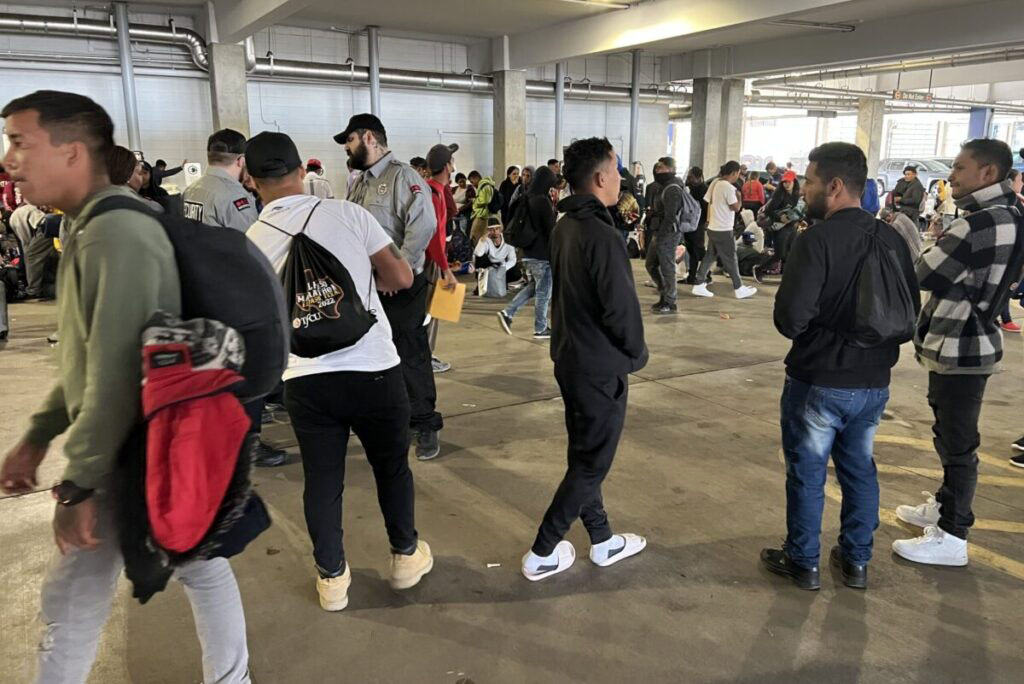
By Jesus Sanchez Melean
Haga click aquí para leer la versión en español
The management of migrants in the city of Denver has become a hot topic that requires careful attention and effective solutions. With the recent decision of outgoing Mayor Michael Hancock to abandon the contract with GardaWorld to manage the migrant center, the question of how to properly address this situation now falls on the incoming administration of Mayor Mike Johnston.
It is evident that the current financial and operational burden to care for migrants is not sustainable, as Hancock asserts. Since December, the city has provided shelter and other services to over 12,500 migrants, at a cost of 20 million dollars. It is understandable that financially feasible strategies are sought to handle this challenge. However, it is crucial to ensure that the immediate needs of newcomers are adequately met.
The original intent of the contract with GardaWorld was to alleviate current staffing pressures in the city’s operations and provide a more viable financial strategy. However, poor references and lack of confidence in this company raise legitimate concerns. According to the American Friendship Service Committee (AFSC), GardaWorld has a questionable track record, including lack of transparency and falsification of employee training records. Additionally, the lack of public information about the shelters it supposedly manages in other cities raises questions about its capacity to handle a migrant center in Denver.
A Hot Potato for Johnston
It is encouraging that the city is exploring more sustainable and viable options to address the migrant situation. The approach of working in partnership with religious communities and nonprofit organizations to meet the immediate needs of newcomers is a step in the right direction. However, it is important that these temporary measures are accompanied by a long-term strategy that ensures the stability and well-being of migrants.
Transparency and community involvement are key elements in this process. Citizens must be informed and can express their concerns and suggestions. Additionally, it is essential to establish clear and fair criteria for the selection of future contractors. The bidding process must be conducted openly and fairly, considering the reputation and capacity of candidate companies to provide quality services and respect the human dignity of migrants.
The financial cost of managing the migrant crisis should not fall solely on the city of Denver. It is imperative to seek collaboration and support from the federal government to address this situation jointly. Additional funds provided by the federal government can ease the financial burden and enable a more effective and sustainable response.
Ultimately, addressing the migrant situation in Denver is a shared responsibility. It requires the collaboration of different actors, from the municipal administration to community organizations and society. It is crucial to remember that behind the numbers and contracts are human beings seeking safety and a better life. Their dignity and well-being must be at the center of all decisions and actions taken in relation to this crisis.

You may also like:
Experience the Joy and Music of Colombia






otras noticias
Run, Breathe, and Be Amazed at LUNA
Colorado Legislature Approves Law to Boost Food Truck Industry
Polis has 30 days to sign, veto, or let SB25-276 take effect